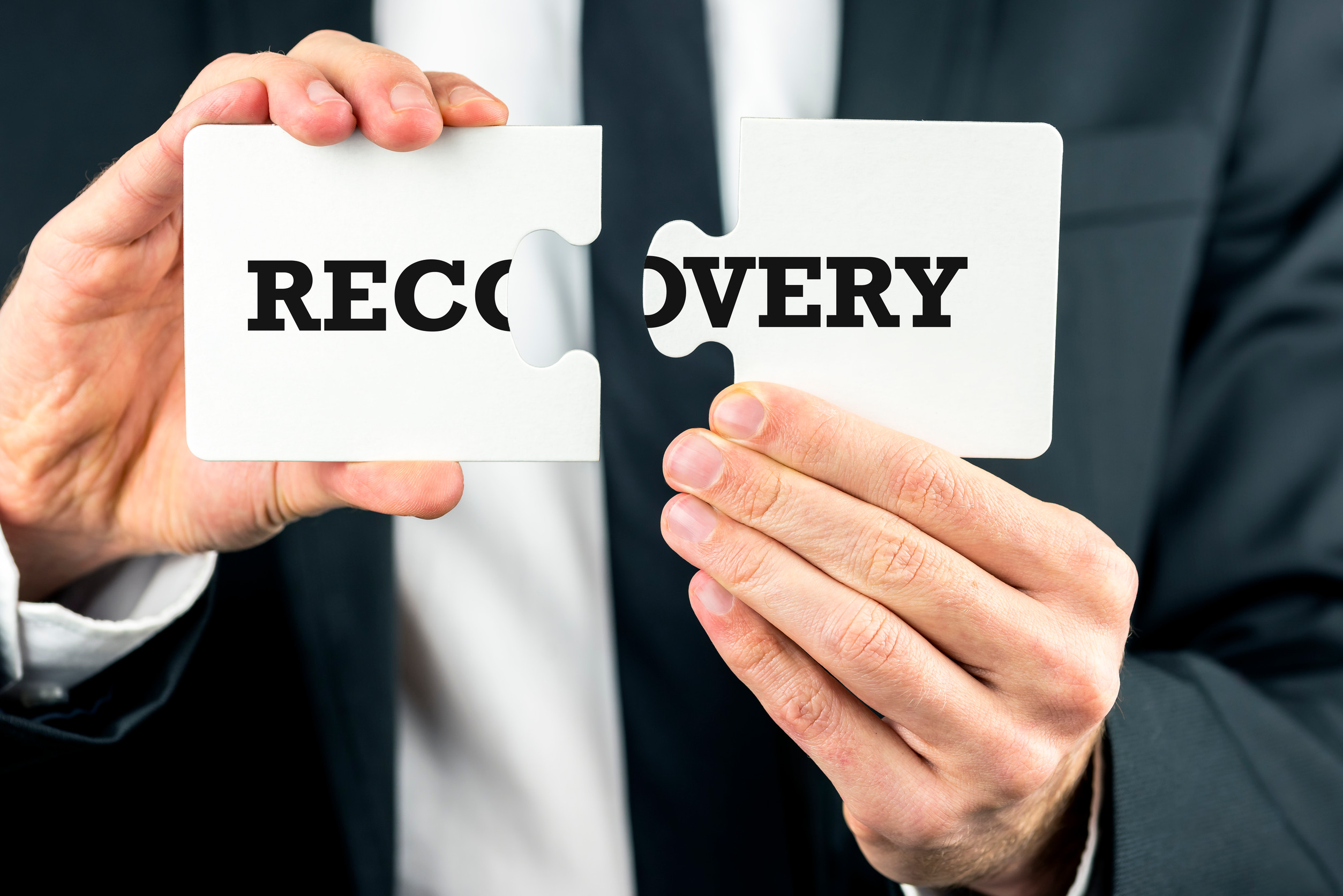
Love and recovery are two powerful forces, each demanding dedication and resilience. When two recovering addicts come together in a relationship, the stakes can feel even higher. Is it possible to build a healthy, thriving partnership while managing personal sobriety? The answer depends on several factors, including mutual support, honest communication, and a shared commitment to recovery. Let’s explore the potential challenges and rewards of such relationships, and whether they can be a recipe for success or relapse.
1. The Importance of Individual Sobriety
Before entering a relationship, maintaining personal sobriety should be the top priority. Two recovering addicts need to be confident in their individual progress to avoid becoming overly reliant on each other. Codependency can be a significant risk, as one partner’s struggles may trigger the other. A solid foundation in recovery programs, therapy, or self-help strategies ensures each person can navigate challenges independently. By prioritizing personal growth, both partners can bring stability to the relationship.
2. Building a Foundation of Trust
Trust is a cornerstone of any relationship, but it’s especially crucial for recovering addicts. Both partners should be honest about their triggers, past experiences, and goals for sobriety. Open communication fosters a safe space where both individuals feel understood and supported. It’s essential to avoid hiding setbacks or relapses, as secrecy can erode trust and jeopardize recovery. A transparent and judgment-free dynamic strengthens the bond and lays the groundwork for a healthy partnership.
3. Navigating Shared Triggers
When two recovering addicts are in love, they may face overlapping or shared triggers. Identifying and addressing these potential stressors early on can prevent future conflicts. Discussing coping strategies and creating a relapse prevention plan together can be incredibly helpful. It’s also beneficial to have separate support systems, such as sponsors or therapy groups, to ensure each partner has an outlet outside the relationship. Mutual understanding and proactive planning are key to managing triggers effectively.
4. Supporting Each Other Without Enabling
Support and enabling are two very different things, and navigating this line is critical in a relationship between recovering addicts. Encouragement, empathy, and celebrating milestones are forms of healthy support. However, enabling behaviors, such as excusing relapses or ignoring warning signs, can harm both partners. Setting clear boundaries and maintaining accountability help ensure that the relationship remains a positive force for recovery. True support involves fostering independence while being there for each other during tough times.
5. The Role of Recovery Programs

Participation in recovery programs, such as Alcoholics Anonymous (AA) or Narcotics Anonymous (NA), can provide a solid framework for couples in recovery. These programs offer valuable tools for maintaining sobriety and connecting with others who understand the journey. Some couples find it helpful to attend meetings together, while others prefer to keep their recovery work separate. Either way, actively engaging in a recovery program reinforces the commitment to sobriety and provides additional support. It’s a reminder that recovery is a lifelong process, not just a goal to achieve.
6. The Rewards of Shared Growth
Despite the challenges, relationships between recovering addicts can be profoundly rewarding. Sharing a journey of recovery can deepen emotional intimacy and create a unique bond. Both partners understand the complexities of addiction and can offer empathy that others might not. Celebrating progress together and overcoming obstacles as a team fosters resilience and mutual respect. When approached with care and intention, these relationships can be a source of inspiration and joy.
Finding Balance in Love and Recovery
Two recovering addicts can indeed build a successful relationship, but it requires effort, awareness, and a commitment to personal and shared growth. By prioritizing sobriety, fostering trust, and supporting each other in healthy ways, couples can navigate the challenges of recovery together. Remember, love and recovery are not mutually exclusive—they can complement and strengthen each other when approached with intention and care.
Have you or someone you know experienced a relationship between recovering addicts? Share your thoughts and experiences in the comments below and consider sharing this article with others who might find it helpful.
Read More:
- Recovery Costs: 7 Ways Recovery Costs Less Than Continuing with an Addiction
- 11 Pets That Are Great For Your Mental Health

Latrice is a dedicated professional with a rich background in social work, complemented by an Associate Degree in the field. Her journey has been uniquely shaped by the rewarding experience of being a stay-at-home mom to her two children, aged 13 and 5. This role has not only been a testament to her commitment to family but has also provided her with invaluable life lessons and insights.
As a mother, Latrice has embraced the opportunity to educate her children on essential life skills, with a special focus on financial literacy, the nuances of life, and the importance of inner peace.







